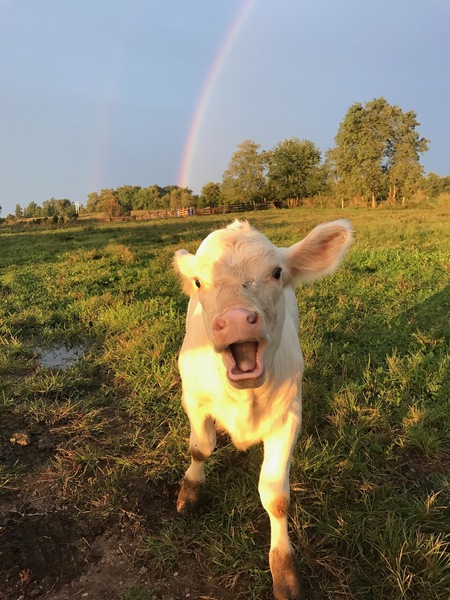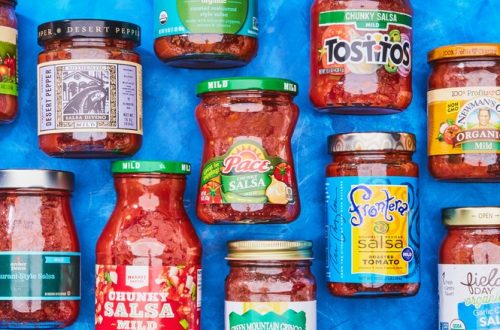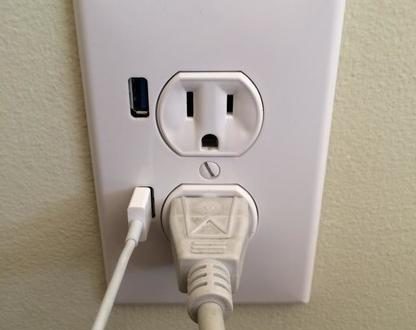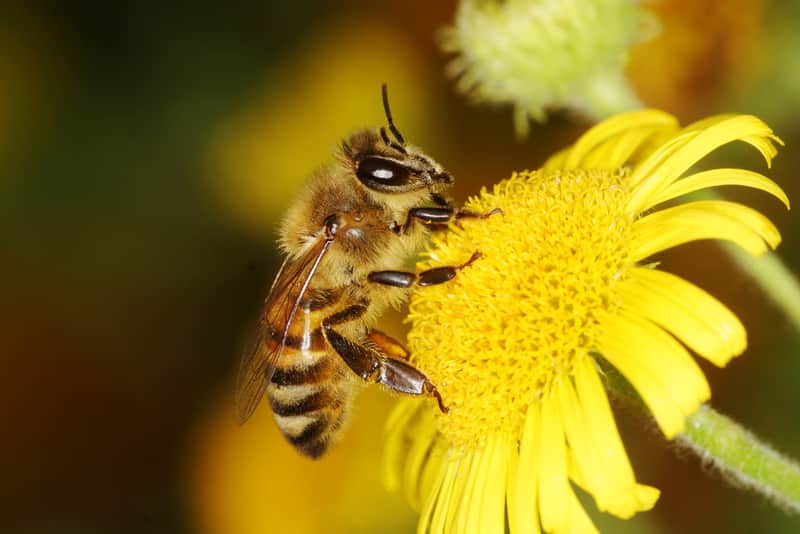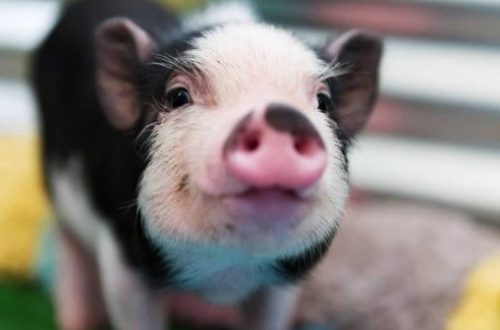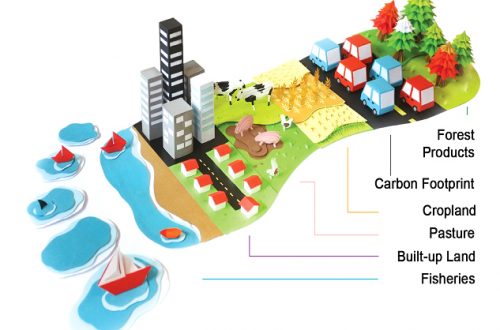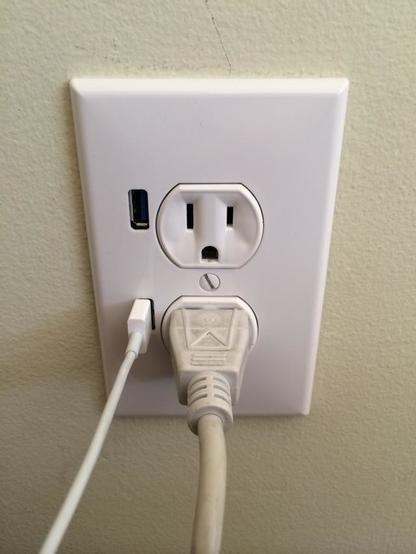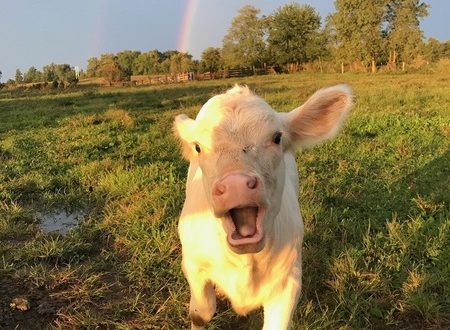-
Don’t Get Discouraged
As my last semester of college is quickly coming to an end, I have been more stressed with schoolwork than ever. As a result, I have kind of been slacking in the sustainability department. I’ve been eating more meat/dairy lately, letting food in my fridge go bad, driving to class instead of walking, etc. While I feel pretty guilty about this, I am not allowing myself to become discouraged in the process of living more sustainably. Sometimes, life gets pretty crazy and we are bound to make mistakes and lose track of our goals. However, it is important to remind yourself that you are still making changes and you are…
-
Bee Kind
Spring has officially sprung, which means you can officially start gardening again! However, it is extremely important that you make sure the plants in your garden are safe to our pollinator friends. Check the labels before purchasing any flowers or plants and do NOT purchase them if it says they have been treated with Neonicotinoids. This class of pesticide is highly toxic to bees. In fact, the three main neonicotinoids (clothianidin, imidacloprid, and thiamethoxam) were banned in Europe for all outdoor uses. Because neonicotinoids are systemic chemicals that are absorbed into the plant, these pesticides can be present in the pollen and the nectar that the bees feed on. The long-lasting…
-
How to Save More Energy!
One of the most effective ways you can reduce your carbon footprint is by conserving energy. While it may be common knowledge to people that you should always have lights turned off in rooms you aren’t currently in, it actually goes farther than that. Leaving your electrical items turned on/plugged in when you are not using them uses up energy for absolutely no reason at all. For instance, after you finish charging your phone, it is likely that you leave your charger plugged into the socket. Well, despite your phone not being plugged in, the charger is still sucking up a bunch of energy. This goes for any other kind…
